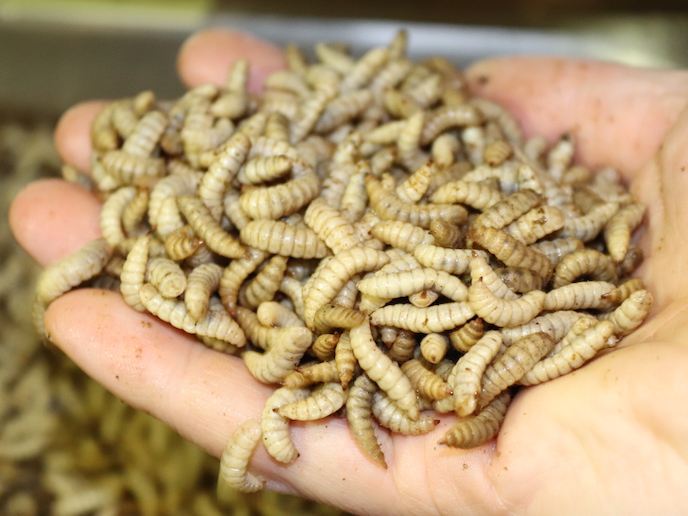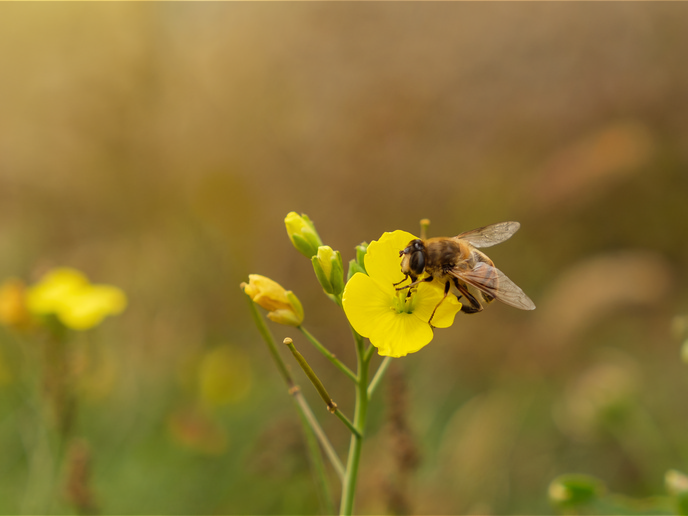Freezing insect eggs to feed a hungry world
Feeding the world’s fish, poultry and cattle is a growing challenge. As demand for animal products rises, animal feed production is competing for scarce resources with human food and fuel production. Insects could be a good, sustainable alternative to cereals and fishmeal since many animals eat insects naturally and they are high in protein. But that requires mass production of insects at levels not yet achieved. The EU supported FreezeM project, though, has piloted a way to freeze Black Soldier Fly (Hermetia illucens) eggs, allowing them to be delivered all year round to an emerging industry. “The major bottlenecks the market faces are price, scale-up and consistency in production,” says Yuval Gilad, CEO and co-founder at FreezeM, an Israeli spin-off from the Weizmann Institute of Science(opens in new window) (WIS). “FreezeM's technology solves those bottlenecks since it makes the breeding and eggs production part more stable, and accessible to everyone. This lowers entry barriers for new players in the market, while reducing operational costs and capital investment in new facilities,” explains Gilad.
Young entrepreneurs
Gilad, a 37-year-old WIS graduate, developed FreezeM’s patent-pending method three years ago with fellow WIS graduates Yoav Politi, 37, and Idan Alyagor, 35, all specialists in molecular genetics and developmental biology. During the EU project, they interviewed experts and potential customers to validate their method, reaching a proof-of-concept stage and carrying out a small pilot on a selection of potential customers. “We conducted in-depth analyses of the initial target markets to realistically evaluate the market size, growth, competitors, clients and partners,” says Gilad. They found clear interest in their ready-to-use eggs and neonate larvae in the animal feed industry and believe insect protein could soon replace fishmeal, reducing overfishing. More than 6,000 tonnes of insect protein are produced in Europe annually. By 2030, the International Platform of Insects for Food and Feed(opens in new window) believes it could reach about 3 million tonnes. With favourable legislation, it could grow to around 5 million tonnes a year. FreezeM’s research identified a market for its product in the waste management industry since Black Soldier Fly larvae have bioconversion abilities. There is also the potential to, eventually, to sell to manufacturers making insect food products for humans, given the challenge highlighted by the Food and Agriculture Organisation(opens in new window) of increasing food production by 70 % by 2050 to cope with a world population expected to exceed 9.7 billion. “If a food tech entrepreneur today wants to create a new protein bar or supplement based on insect protein, they need to invest a lot of time and money to build their own breeding facility,” explains Gilad. “With FreezeM they can just order the eggs or neonate larvae needed for product development and later for the production of the product and reach the market very fast with a significantly lower investment.” Already more than 2 billion people in the world eat insects, says IPIFF. Westerners may join them in the future. “As consumers become more conscious of the origin of their food and sustainability becomes a consideration in choosing what we eat, we expect to see insect protein incorporated into food products in the future,” says Gilad.







